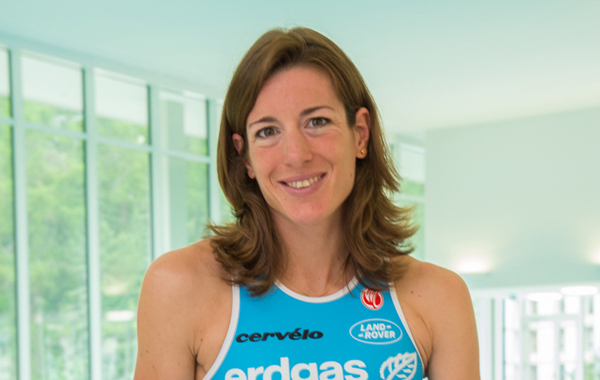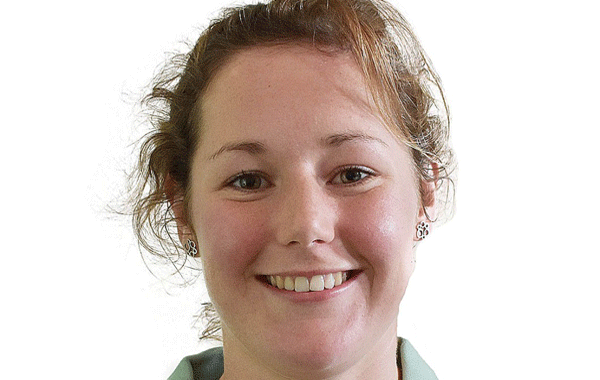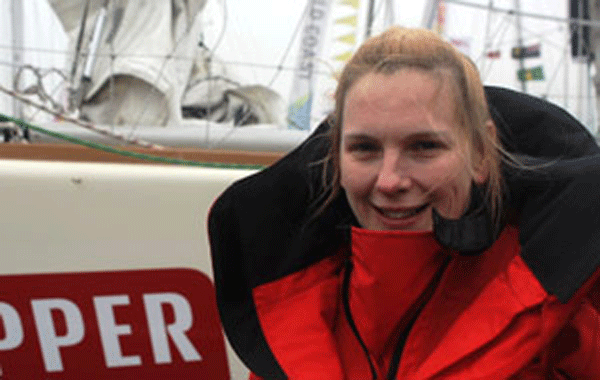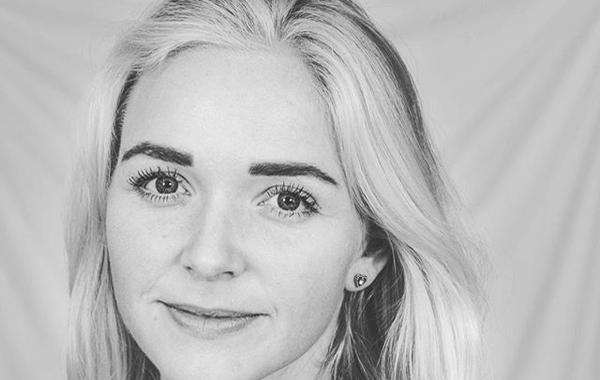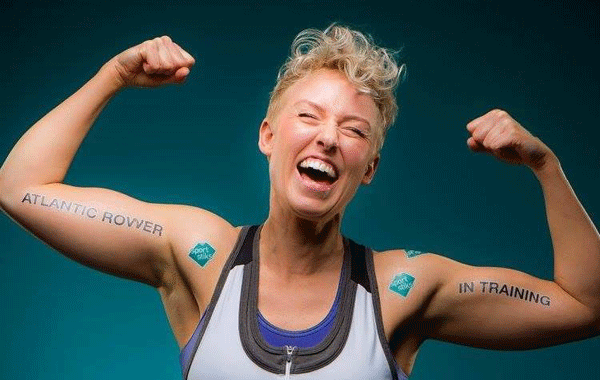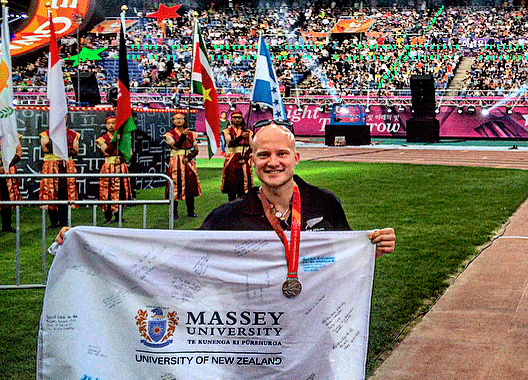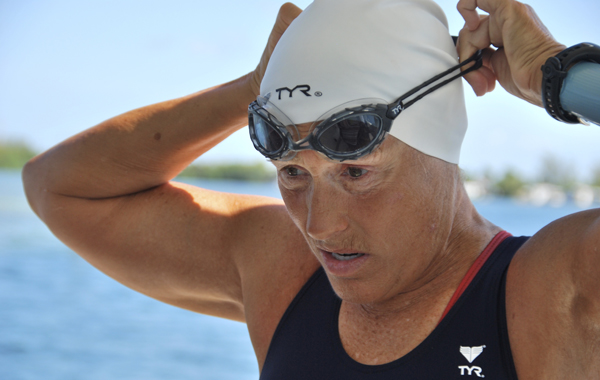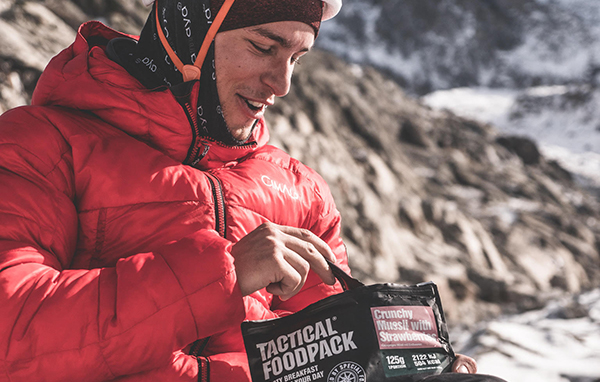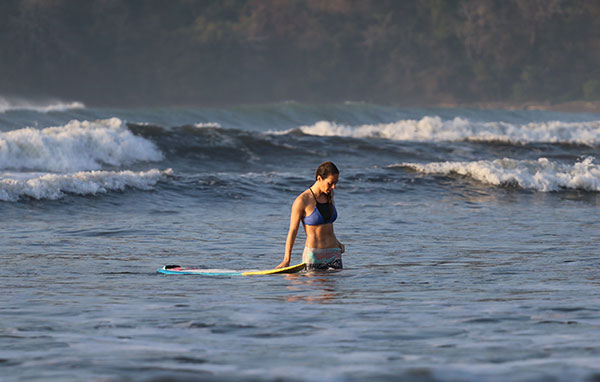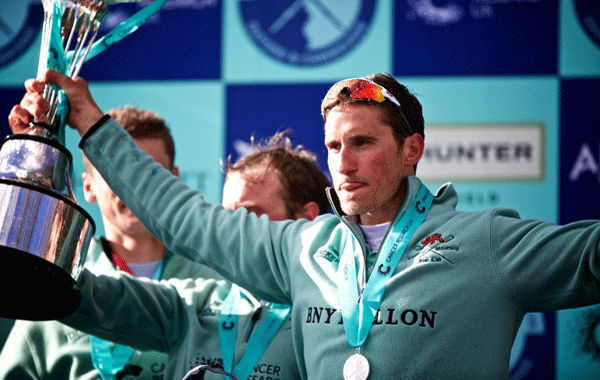
When did you get introduced to rowing and how long did it take for you to get hooked on the sport and realise you had a real talent for it?
The first-time rowing hit my radar was in 2010 when my younger sister Yasmin won a Gold medal at the junior World Rowing Championships. Growing up in Manchester in the North of England it wasn’t really a sport you heard much about – my friends from back home still look puzzled when I talk about the sport of rowing, it was football, rugby or athletics growing up.
When my parents moved house to a small village just outside of Evesham in Worcestershire my two younger sisters took up rowing and excelled rather quickly; I had just finished my first year of university following a gap year and decided to give rowing a try for myself. In my first summer of rowing I pulled a 6:18 and then a 6:07 in my first and second ever 2k tests on the rowing machine and was immediately picked up by the U23 National Team selectors. I went on to compete for Oxford Brookes University for two years in 2010 and 2011, before being invited to train full time as part of the Great Britain senior squad in the summer of 2012.
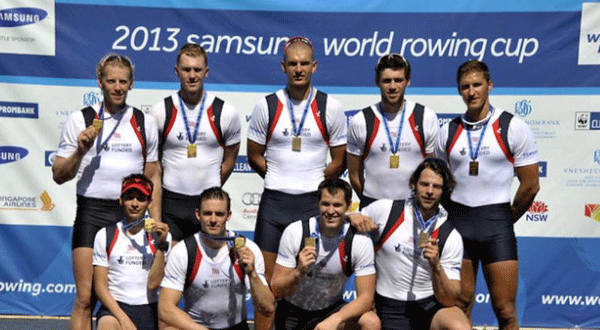
Had you been involved and successful in any other sports prior to this?
Growing up I was a successful middle and long-distance runner, earning the titles of Greater Manchester 800m and 1500m champion, North of England Cross Country Champion, and being selected as captain for Greater Manchester in the National Cross Country Championships which was a Sky Sports televised event. Following my performances in the season which cumulated in this event, I was invited to be a part of the British Olympic Association who provided support and guidance for World Class Potential athletes on their Planning for Success programme. Growing up and during my time at high school I held the title of victor ludorum for consecutive years, and have since become the first former Altrincham Grammar School boy to earn a Blue in rowing.
Tell us about your successes as a university rower and how at times you had to make tough decisions between training and studying?
My greatest successes as a university rower were winning the 162nd Oxford vs Cambridge Boat Race and being elected to the role of President for Cambridge University Boat Club for the 163rd edition of the race. At Cambridge the greatest challenges came from attempting to balance the extremely high standard of academic work expected, with the extremely high standard of training and athletic performance expected. The expectation comes not only from your tutors and the coach, but the expectations you place on yourself as an individual to achieve the highest standards in both. Tough decisions were often made in an attempt to strike the fine balance of juggling these two demands on your time. Despite the intensity and challenge of achieving this, it is extremely rewarding and enjoyable in equal measures.
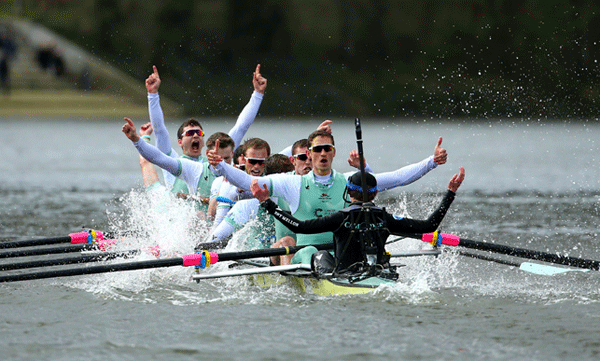
What was it like getting selected for Team GB and what have been some of the highlights of representing your country to date?
Being selected to represent my country was a huge honour, my first race representing Great Britain at senior level was the European Rowing Championships in Varese, Italy 2012. This was a very proud moment for me as I had been working hard towards this target since I first started rowing in 2010. I had decided when I committed myself to the sport shortly after taking it up that my goal was to represent my country, so to have achieved that was a great feeling, and a sense of vindication for the uncompromising level of commitment and dedication I had applied to my approach during this time.
Some of the highlights of representing my country to date have been, earning my first senior National Team vest described above, and winning my first World Cup Gold medal in Sydney, Australia in 2013. This was an unforgettable trip, relatively early on in my rowing career with the Great Britain Team. I found myself rooming with double (now triple) Olympic Champion and one of the greatest rowers of our generation Andrew Triggs-Hodge which as a young athlete fresh into the National Team was very inspiring. Crossing the line to win my first World Cup amongst such established company is a feeling I will never forget. In addition to this, representing Great Britain at senior World Championship level in 2017 was a special feeling as this was something I had narrowly missed out on in the past. Despite a generally poor set of results at the regatta for the Great Britain Team, notably our 7th place finish, I am proud to have reached the second top tier of international rowing behind the Olympic Games, in the same year as completing my Thesis and graduating from Cambridge University. It was a relentlessly busy and challenging year of my life but one I will always look back on with fond memories of personal growth and good experiences.
What other competitions or rowing teams/clubs have you recently been involved in and with?
In addition to Cambridge University Boat Club, I am a proud member of Leander Club in Henley-on-Thames who played an important role in the early development of my rowing career. The club has been incredibly supportive throughout my time as an International rower, providing me with accommodation, catering, and an amazing facility right on my doorstep; I will always be grateful for their continued support. Whilst I do not pull on the pink hippo lycra very often anymore, I am still proud to wear my pink Leander chinos and members tie/socks wherever possible. When I won the 162nd University Boat Race in 2016 I even wore my ‘lucky’ pink Leander socks for the race. I have raced for Leander Club on several occasions, the highlight being winning the Ladies Challenge Plate at Henley Royal Regatta in 2013, with a record time of 5 minutes 58 seconds.
Tell us about your chosen career path, other interests in life and how you fit your rowing around these?
I have always been very entrepreneurial, in my younger years before I began rowing, I had several successful small enterprises trading in a variety of areas ranging from fresh food goods and men’s fashion garments, to large electrical appliances. Business in a general sense, and the concept of adding value, have always been fascinating to me and this is something I find very enjoyable and stimulating. Unfortunately, since taking up rowing I have had to supress my entrepreneurial flair and I can recall many occasions over the past 8 years where I have had to actively encourage myself to forget about an idea or business prospect due to the risk of it distracting me from the main focus of my athletic and rowing performance.
I am often described as a perfectionist and have been told that I have obsessive compulsive disorder (this is completely undiagnosed and often just family/friends joking with me) however, I do acknowledge that a trait within my personality is to be obsessive at times in my pursuit of a goal and I do seek perfection in all that I do. As a result of this, to fit much around rowing is often very difficult and taking decisions to sacrifice other areas of my life to have an undisturbed focus on my performance as an athlete has been a regular occurrence. For me, I see second place in a race as no better than last place, I always race and play to win, and in my eyes if you don’t win, you lose. This was a mindset instilled in me from a very young age and a concept I have grown up with, and I certainly think I owe a lot of my success to the relentlessness of this mindset.
I will not be fully satisfied with an outcome that is not perfect as I see it, or as good as I believe it can possibly be, I have to be able to look myself in the mirror and know that I did everything I could; and I never take this encounter with myself to chance. Through such honesty to myself I have learnt equally valuable lessons through defeat and failure as I have through success and victory. These character traits which saw me have success in sport and academia are very transferrable to the world of business and entrepreneurship, and whilst my experiences at Cambridge University and with the British Rowing Team have developed and enhanced these traits, they were in fact rooted there from my younger years before I ever picked up an oar.
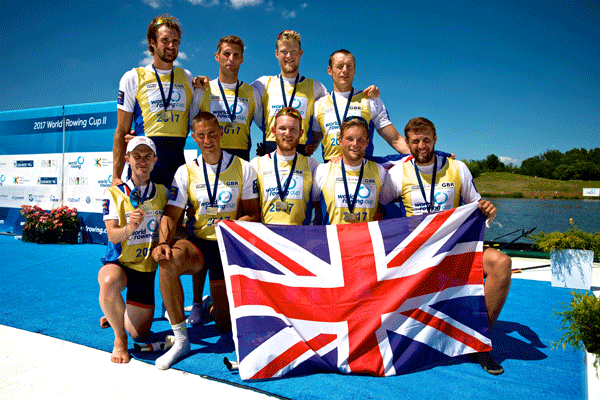
How hard are you currently training and which events and competitions do you have coming up in the near future?
Unfortunately, I am not currently training towards an event or competition. I am in the medical stream currently recovering from over training syndrome which I was diagnosed with in February. This is an under-recovery condition which unfortunately I have also suffered with in the past, although to a lesser extent previously.
I am not medically trained but my understanding of the condition as a patient is that, when suffering with over training syndrome your body develops an inappropriate response to training and your adaptation is blunted as a result of several factors, including raised inflammatory markers and extremely high levels of oxidative stress in the body. Your body does not recover effectively between sessions or days and therefore you become increasingly fatigued and fall deeper and deeper into a hole of under recovery – the further you go into it, the longer it takes to come out of it. From my experience the fatigue reaches a point where you begin to struggle with everyday tasks – heading to the shops for groceries, breathlessness using stairs, elevated heart rate at both rest and during exercise, and an unexplainably high rate of perceived exertion (RPE) are just some of the symptoms. The most effective way to overcome this illness is simply to rest, often prolonged periods of rest are needed to allow your body a break to recover, and the time this takes will be specific to you as an individual and often depends how severely you are suffering from the condition.
As a result of the over training syndrome, unfortunately my season is over, and it could well be the case that I do not return to rowing at all. This is a decision I can formally take once I am fully recovered. I’m very fortunate that we have a fantastic team of highly trained and experienced medical and support staff in the British Rowing Team, and the world class support that I have had, and continue to receive, is something I am very grateful for. When the time does come to formally move on from sport and rowing, I am extremely excited to re-ignite my entrepreneurial spirit and move into the world of business.

